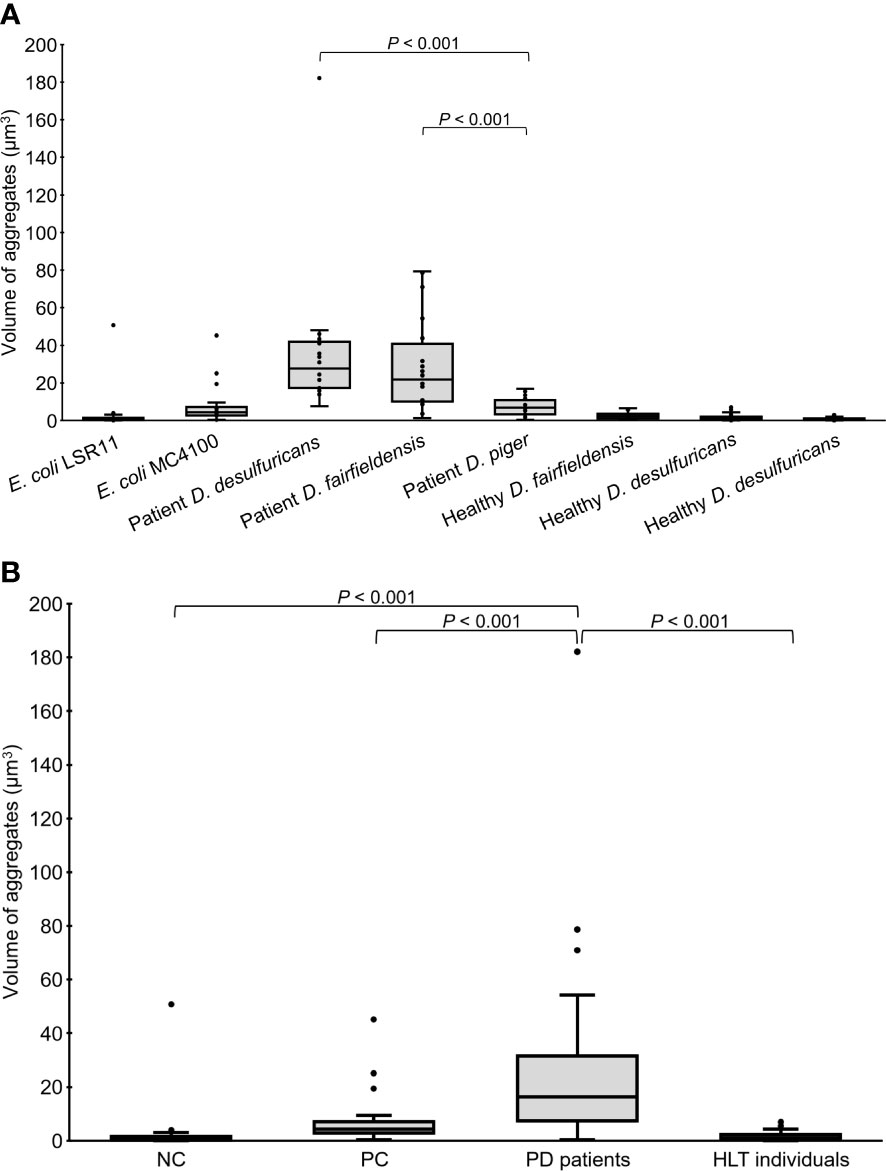Parkinson’s disease (PD) is a common age-related neurodegenerative disorder that primarily hinders movement. Accumulation of alpha-synuclein (alpha-syn) protein in the form of Lewy bodies is the neuropathological hallmark of Parkinson’s disease. Aggregation of alpha-syn has also been found in human gastrointestinal tract such as colon, and gastric mucosa. Neuropathological observations and analyses have justified a hypothesis that a pathogen in the gut may induce alpha-syn aggregation, which then spreads via the vagal nerve to the central nervous system. Desulfovibrio bacteria can synthesize hydrogen sulphide and magnetite which promote reactive oxygen species formation and accelerate alpha-syn aggregation. Using this, researchers in this study used a Caenorhabditis elegans model expressing human alpha-syn fused with yellow fluorescent protein to investigate whether Desulfovibrio strains isolated from PD patients and healthy individuals can contribute to alpha-syn aggregation. As a result of their findings, the researchers concluded that Desulfovibrio strains from people with PD, as opposed to healthy people, appear more toxic and can cause more alpha-syn aggregation. They say the study’s findings point to the important role that environmental factors play in the development of PD.
Link to the article: bit.ly/42Ra6rm
Published On: /05/2023
